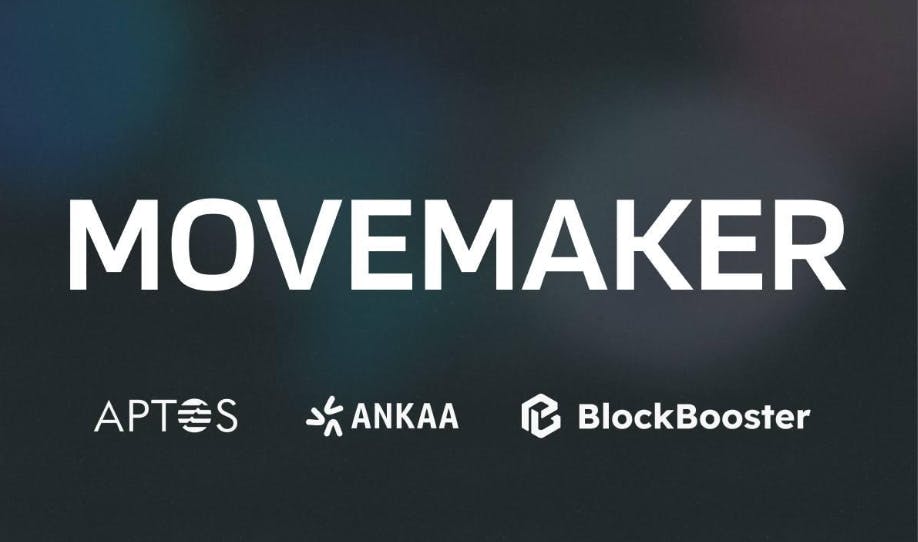Though The Beatles used AI for a 2023 song that cleaned up the late John Lennon’s voice from an old demo track, fellow bandmate Paul McCartney is still concerned that AI could “rip off” future generations of musicians.
“You get young guys, girls, coming up, and they write a beautiful song, and they don’t own it,” he said on the BBC’s Sunday with Laura Kuenssberg. “They don’t have anything to do with it. And anyone who wants can just rip it off.
“The truth is, the money’s going somewhere. Somebody’s getting paid, so why shouldn’t it be the guy who sat down and wrote ‘Yesterday?'” a reference to one of The Beatles hit songs.
The UK government is currently consulting on an opt-out scheme that would allow AI companies to scrape content from publishers and artists to train their models. The proposal has already seen significant pushback from UK-based creative industries, who have dubbed it unfair.
According to McCartney: “We’re the people, you’re the government! You’re supposed to protect us. That’s your job.” Without protection for artists, “you’re not going to have them.”
The AI track released by The Beatles in 2023 included music owned by the band. Lennon recorded “Now and Then” before his death over 40 years ago. In 1994, the cassette tape of the track was then passed to the remaining Beatles members, who had originally wanted to build a full song off the demo. But the audio’s poor quality derailed the effort until 2022 when director Peter Jackson used a “machine learning system” to improve the audio.
Recommended by Our Editors
AI music-creation tools are facing legal trouble. In June 2024, the Recording Industry Association of America sued two AI music generation companies, Suno and Udio, for using unlicensed music from artists like The Beach Boys and Abba to create songs. A few months later, a problematic AI-generated song from Germany shot to the top of Spotify’s global charts.
It’s not just musicians. In March 2024, three novelists filed a class-action lawsuit against Nvidia for using their work to train its NeMo Megatron AI model, which they claim violated their books’ copyright protections. The New York Times is also still engaged in a lawsuit against ChatGPT maker OpenAI for using its materials to train its large language model.
Get Our Best Stories!
This newsletter may contain advertising, deals, or affiliate links.
By clicking the button, you confirm you are 16+ and agree to our
Terms of Use and
Privacy Policy.
You may unsubscribe from the newsletters at any time.

About Will McCurdy
Contributor









